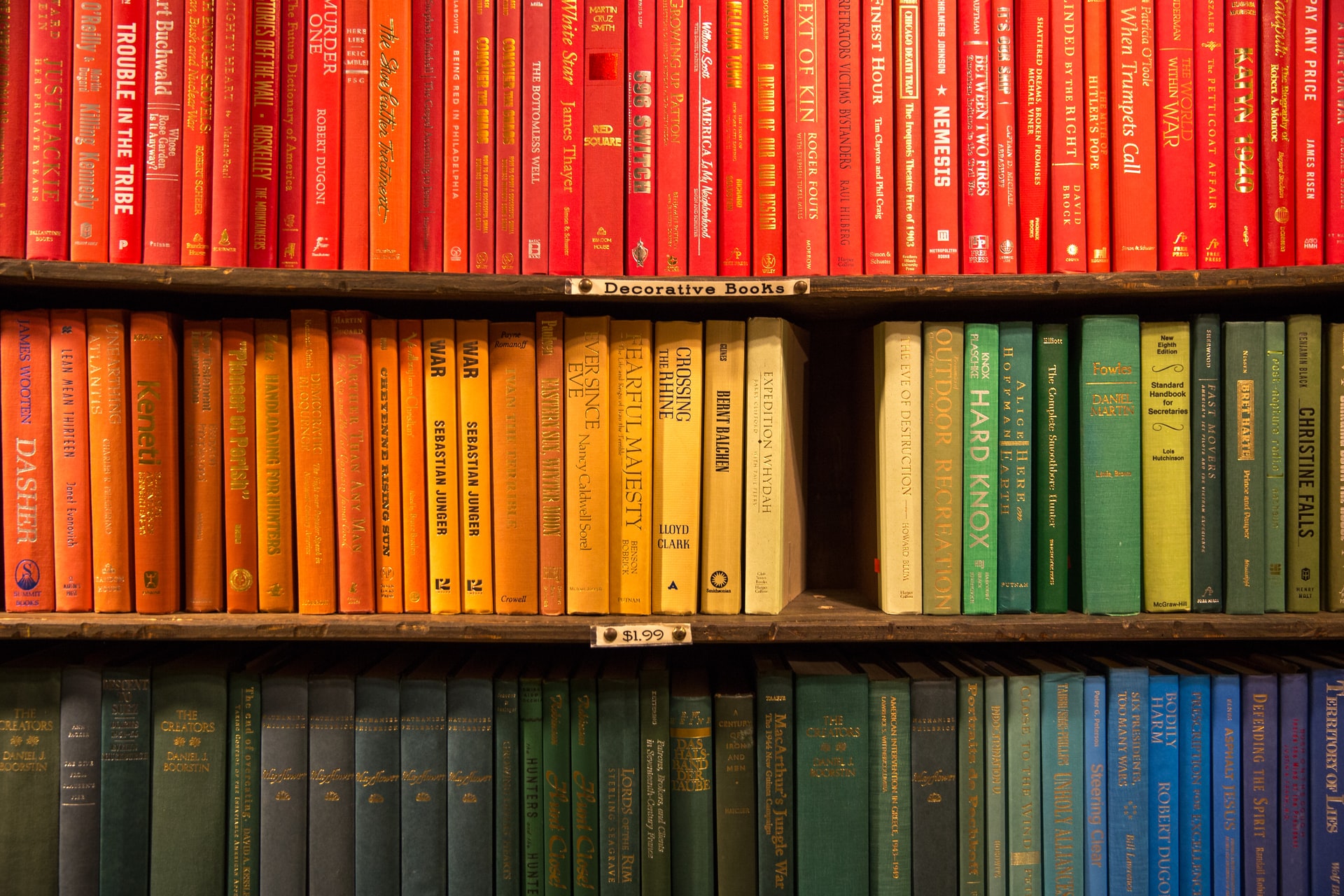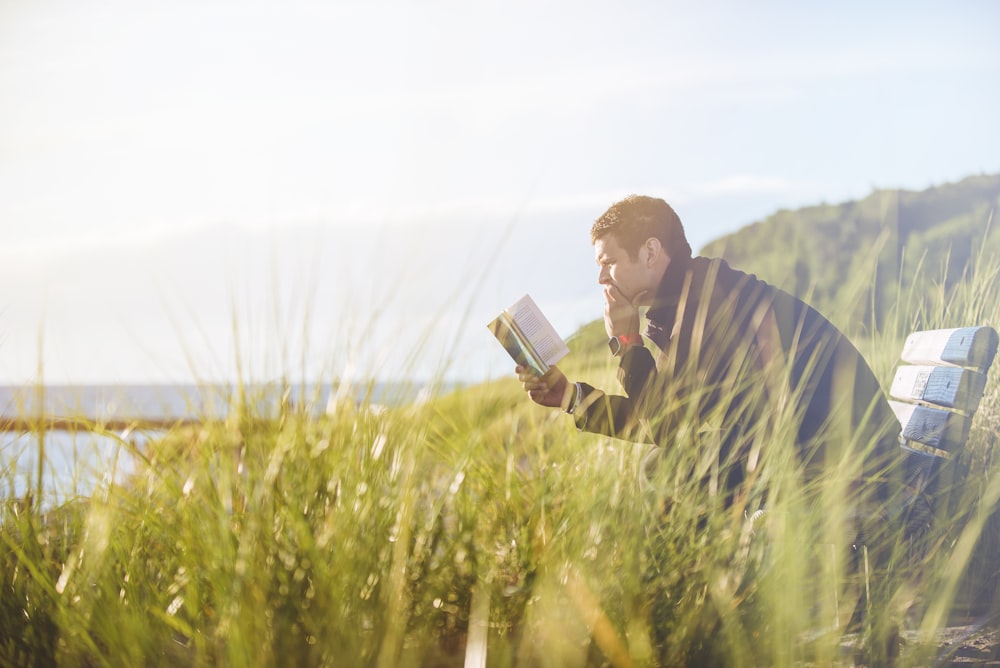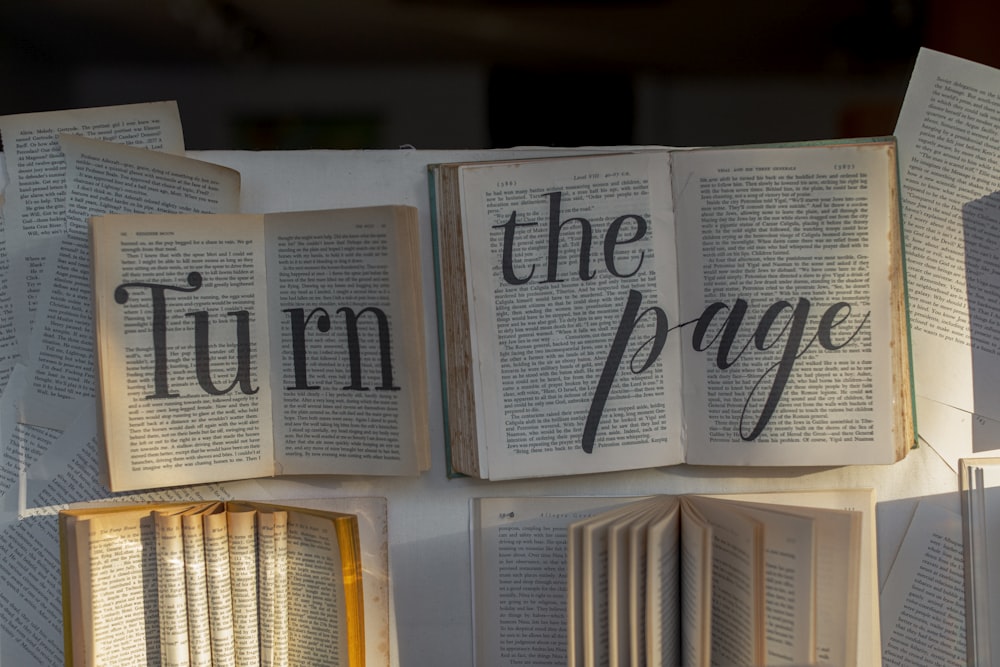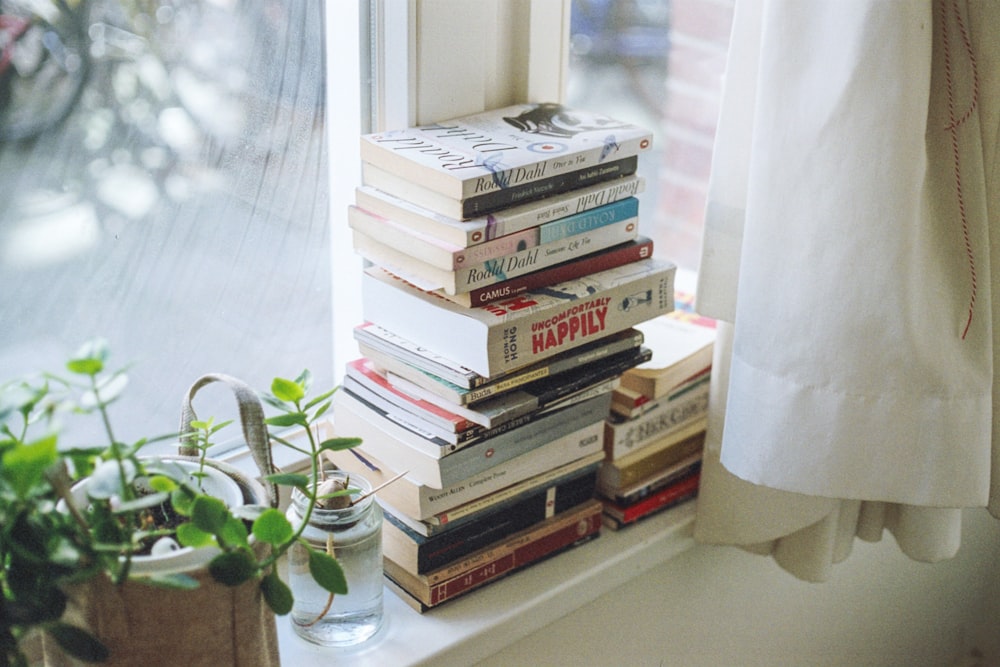10 Books for Living Better for the Planet

School’s out, the sun is out, and for many of us, Summer means more time to indulge in the things we enjoy. For me, nothing beats spending the summer accompanied by a stack of good books — and there are so many out there to choose from! If you’re interested in a good read and learning more about living a more planet-friendly lifestyle (like I am), take a look at this list of informational, top-rated reads.
All books mentioned below are linked to sites that support black-owned online bookstores — but don’t forget about the precious gem that is your local library, and the environmental & financial benefits of buying books secondhand!
101 Ways to Go Zero Waste by Kathryn Kellogg
As the title suggests, this book is a go-to guide for reducing the amount of waste we create in our everyday lives. From simple swaps like using a metal straw instead of many plastic ones, to more challenging changes like choosing to bike to work instead of drive, 101 Ways to Go Zero Waste gives the reader a plethora of methods for avoiding excess waste.
I actually started this book a few days ago, and I’ve already bookmarked a bunch of things I want to try out — for example, finding a place with Bulk Bins near me. The simple, straightforward layout of the book makes it beginner-friendly, and I love that Kathryn Kellogg’s suggestions are genuinely realistic. Most importantly, Kellogg reminds the reader that zero-waste is not about perfection. It is a journey, a re-training of our brains to reject the idea that everything we use/consume is disposable; and 101 Ways to Go Zero Waste is a wonderful place to start (or continue) your own journey towards sustainability.
This Changes Everything: Capitalism vs. The Climate by Naomi Klein
According to the internet, This Changes Everything is one of the most compelling (and popular) books about saving the planet. In this mind-blowing read, Naomi Klein reveals how global warming isn’t all about carbon — it’s about capitalism. She breaks down multiple myths about going green in our capitalist society: like how it’s impossible not to rely on fossil fuels, or that we’re all too materialistic to truly change our ways. Calling climate change a “call to action”, Klein encourages readers to take a critical look at our economy, as well as the way we all participate in it.
This Changes Everything has won multiple awards, was followed by a multi-year “Impact” campaign, and was even made into a film — check out Klein’s website for more information. Who knows, this might just be the book that changes everything for you!

A Terrible Thing To Waste: Environmental Racism and Its Assault on the American Mind by Harriet A. Washington
This book supports and elaborates upon the idea that learning about environmentalism should be intersectional; meaning that when we talk about environmental issues, we must also acknowledge that many of these issues disproportionately affect people of color. In A Terrible Thing To Waste, Harriet A. Washington takes a deep dive into some of these issues — particularly how communities of color experience staggeringly more exposure to toxic chemicals and pollution, and how this causes intellectual and developmental damage to the (majority non-white) people living in these areas.
A Terrible Thing To Waste is a great introduction to the complex and important topic of environmental racism, or the “disproportionate impact of environmental hazards on people of color”. Washington closes out the book on a hopeful note, with some ways we can all take action to help keep our communities clean. Her work is a testament of how sharing in the experiences of people from all different backgrounds is absolutely vital in our collective search for sustainability. It’s at the top of my to-read list, and I’d highly encourage everyone to give it a read as well!
Humane Home: Easy Steps for Sustainable & Green Living by Sarah Lozanova
If you love DIYs, then this is the book for you! Humane Home is full of crafts, projects, recipes, and general tips & tricks to help you live a more sustainable lifestyle. Focusing in on the home, where some of our smallest and most menial actions take place, Sarah Lozanova encourages readers to look closely and evaluate the impact our actions have on the planet.
With its simple yet effective approach, and a wide variety of suggestions, this book is one you’ll probably reach for again and again — get ready to bookmark plenty of pages!

The Conscious Closet: The Revolutionary Guide to Looking Good While Doing Good by Elizabeth Cline
Did you know that the fashion industry is one of the top polluters in the world, second only to the fossil fuel industry? I learned that in another book by Elizabeth Cline, Overdressed: The Shockingly High Cost of Cheap Fashion, and it changed my entire outlook on what I wear every day.
In The Conscious Closet, Cline reveals how harmful fast fashion is for the environment and for humanity as a whole — but the book is also a call to action, enlightening the reader on how they can curate a closet of ethical and environmentally-friendly items. Most importantly, Cline outlines the importance of truly valuing the things we wear; which promotes a transition away from cheaply and unethically-made fast fashion, and a deeper understanding of how and where our clothes are made. If you’ve been considering a closet clear-out lately, this would be a great read for you!
Kiss the Ground: How the Food You Eat Can Reverse Climate Change, Heal Your Body & Ultimately Save Our World by Josh Tickell
In addition to what we put onto our bodies, what we put into our bodies also has a surprisingly big impact on the planet. It can be overwhelming to consider the implications of what’s on our plates — where the food came from, what chemicals were used to grow the ingredients, how those crops affected the soil, etc. — but Kiss the Ground gives the reader a blueprint for how to help save the planet through paying more attention to what they eat.
Written by renowned documentary filmmaker Josh Tickell, this book features interviews from food experts like celebrity chefs, farmers, and top scientists who all support the power of regenerative agriculture: a much more sustainable method for growing food, which aims to heal our overworked soil by returning to more natural and traditional practices (learn more here!). Reviews say it’s a “richly visual” read; and if you want to dig in further, the book was actually turned into an incredibly interesting Netflix documentary last year.
Braiding Sweetgrass: Indigenous Wisdom, Scientific Knowledge and the Teachings of Plants by Robin Wall Kimmerer
Written by a botanist and member of the Citizen Potawatomi Nation, Braiding Sweetgrass teaches us how to weave a more sustainable future by presenting us with indigenous wisdom of the past. Robin Wall Kimmerer uses storytelling to uncover the connections between science and nature, reminding the reader that every creature, big or small, has something to teach us all. Her wisdom from both the science field and her indigenous cultural background make this book a wealth of knowledge that many readers find inspiring.
Our relationship with nature is an essential aspect of our journey towards sustainability; and Braiding Sweetgrass teaches the reader to strengthen this bond while spreading the valuable knowledge of indigenous peoples. It is a beautiful reminder to appreciate all of the gifts & lessons the Earth has to offer us, and it’s sure to leave you feeling more connected and open-minded.

Sustainability for the Rest of Us: Your No-Bullshit, Five-Point Plan for Saving the Planet by John Pabon
As the title might suggest, this book takes a no-nonsense, yet humorous approach to the topic of sustainability. By reaching out to “the rest of us”, John Pabon aims to educate those who are new to the race to save the planet, or those who may be overwhelmed by the sheer amount of information that’s out there — but everyone can benefit from his straightforward, understandable approach.
The book may seem abrasive at first, but Pabon’s pessimistic tone in the beginning quickly turns into fiery determination. He presents complex environmental issues in simple ways and gives the reader suggestions for actions that will actually make an impact. Plus, readers everywhere say this book is absolutely hilarious; so if you want to educate yourself without descending too far into the void of climate despair, try giving Sustainability for the Rest of Us a read.
It’s Easy Being Green: A Handbook for Earth-Friendly Living by Crissy Trask
In this book, Crissy Trask addresses the disconnect between the overall sense of sustainability in the United States and the amount of individualistic action Americans are taking to reduce their impact on the environment. As an environmental consultant, Trask uses her vast knowledge of the topic to help readers realize that it’s actually pretty easy to be an environmentalist.
It’s Easy Being Green is full of simple, practical ways for anyone to take action — like submerging a plastic water bottle in your toilet tank, which can save thousands of gallons of water per year! It’s a comprehensive and informative guide for going green, and I can’t wait to read this one myself.
Climate Justice by Mary Robinson
To close out this list, I wanted to include a book that focuses on an important large-scale aspect of environmentalism: Community. Climate Justice includes a collection of real-life stories about community action regarding environmentalism, highlighting the power of people working together towards a common goal.
Mary Robinson, former President of Ireland and the United Nations’ high commissioner for human rights, reveals that the driving force behind fighting climate change is coming from grassroots efforts: Ordinary people like you and me, working together to help save the Earth from further destruction. She encourages us to reach out, get involved, and join the fight against climate change; and she does so in a way that feels deeply personal. Because, after all, climate change is an issue that affects all of us — and it’s going to take our collective action and support to create lasting change.
Regardless of whether you read any of the books above, I hope something on this list inspires you to take action and make sustainable change in your life, in any way you can. And in true literary fashion, I’ll end with a relevant quote:
“Do your little bit of good where you are; it’s those little bits of good put together that overwhelm the world.” – Archbishop Desmond Tutu


Leave a Reply